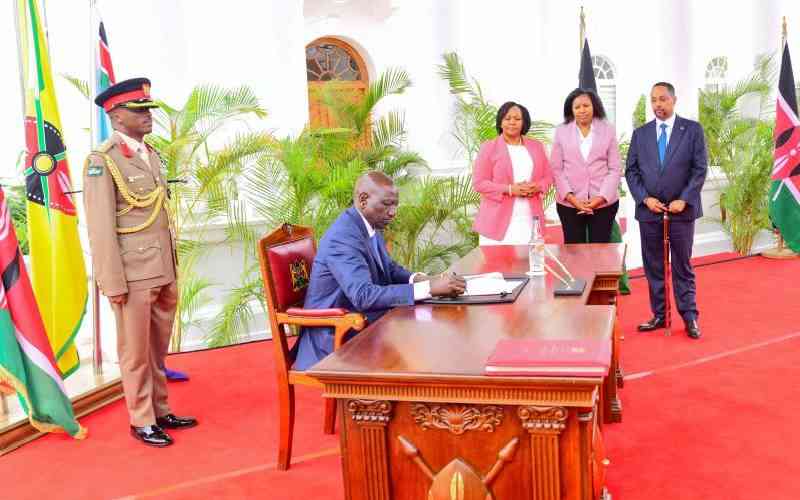
At the top of President Ruto's political hierarchy of needs is legislative support from the parties that make up Kenya Kwanza. However, it disturbs when under one year, President Ruto publicly decries having more information regarding departments and ministries than those appointed to run them, yet, they (Cabinet and Principal secretaries) are supposed to be his advisers.
Coalition presidentialism is highly susceptible to incompetence unless the head of state is a master of strategic political negotiation. Thus, if Dr Ruto expects competent CSs, PSs, and other top-most civil servants, he must convince his coalition partners to kick patronage out of their choices. It is challenging to duck those who supported one's party or political campaign when distributing jobs, but that's the only bitter panacea against incompetence in coalition presidentialism.